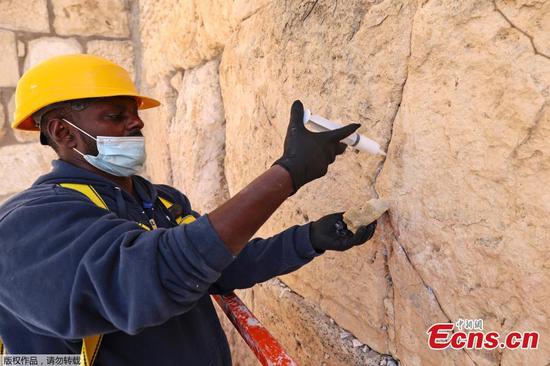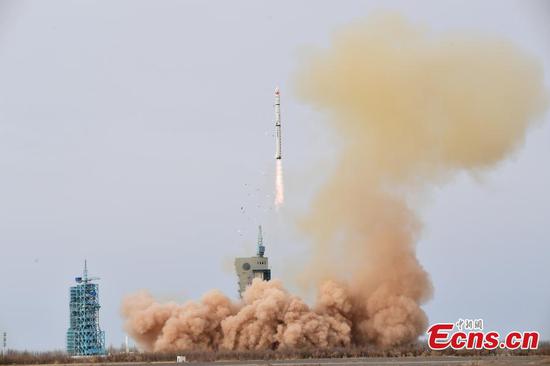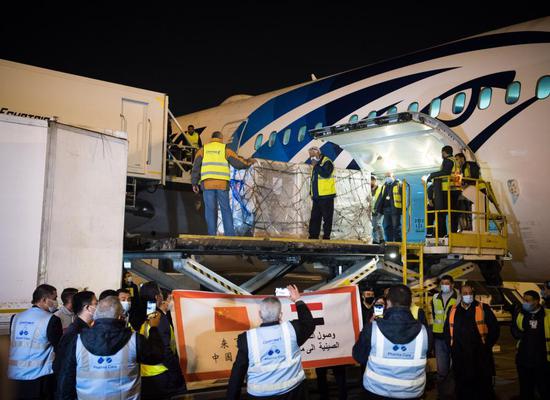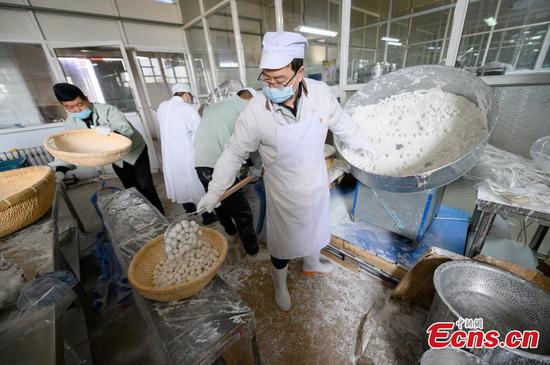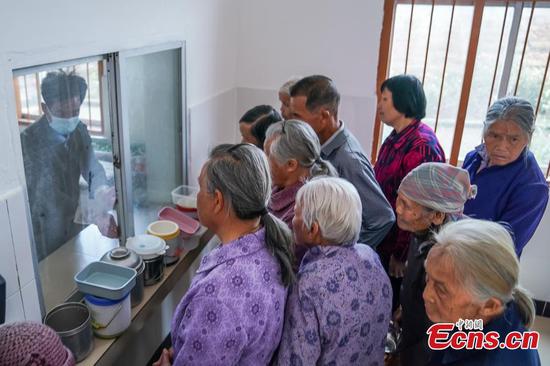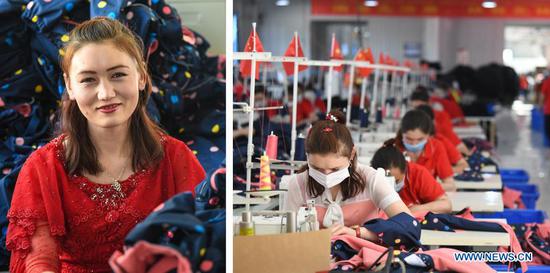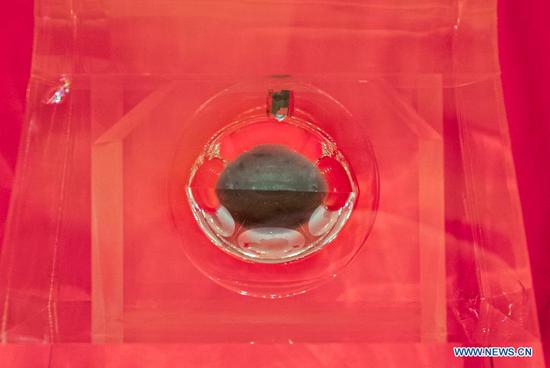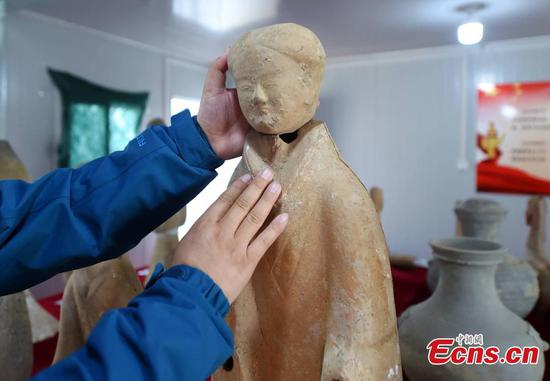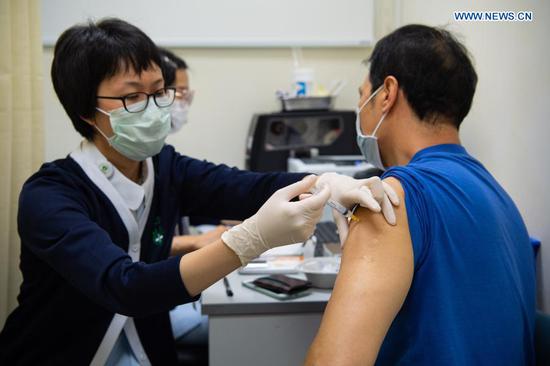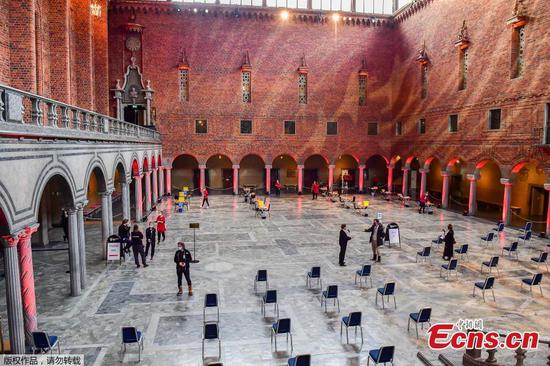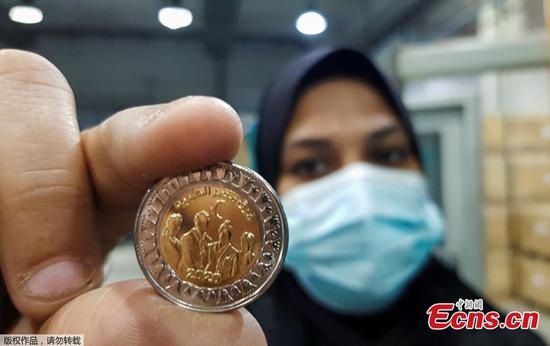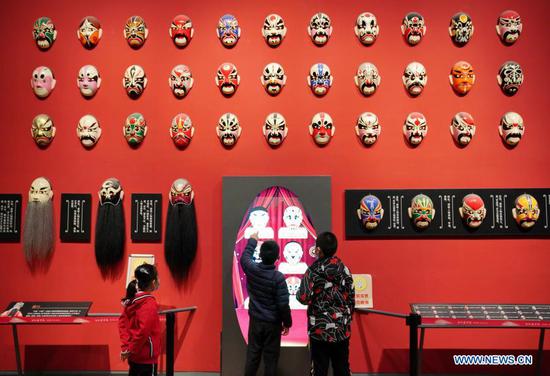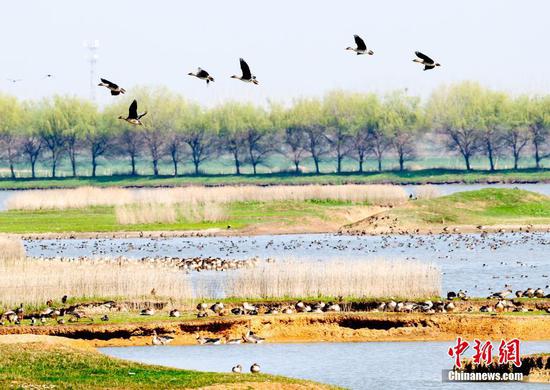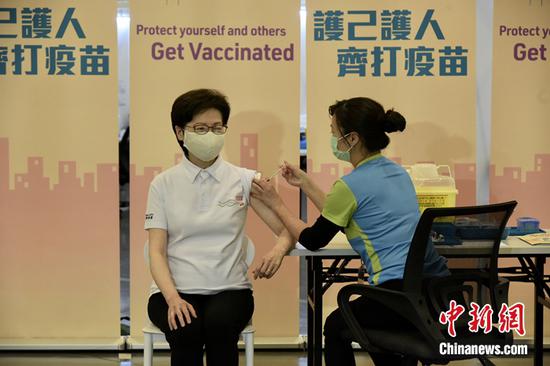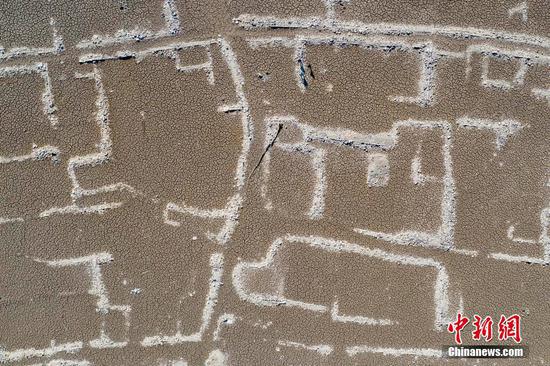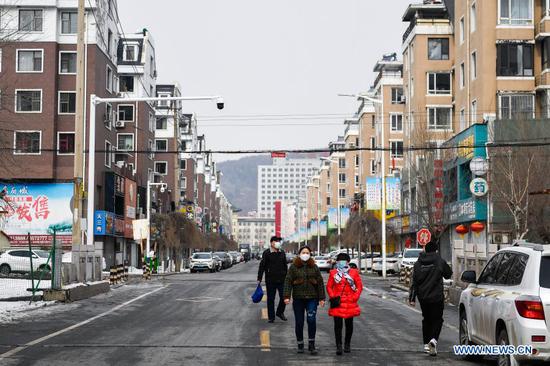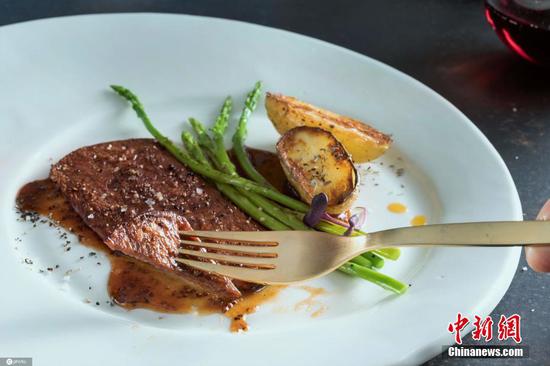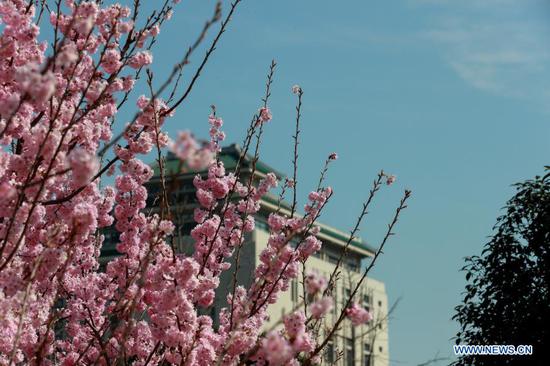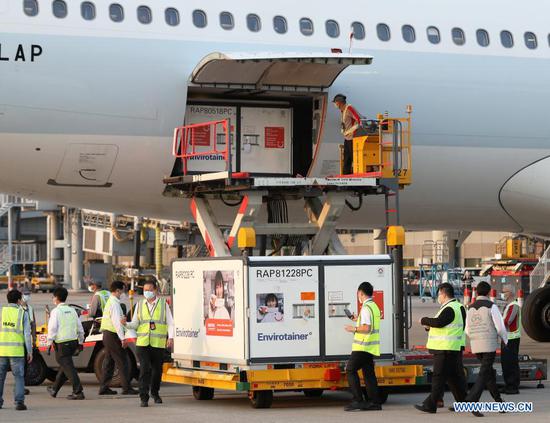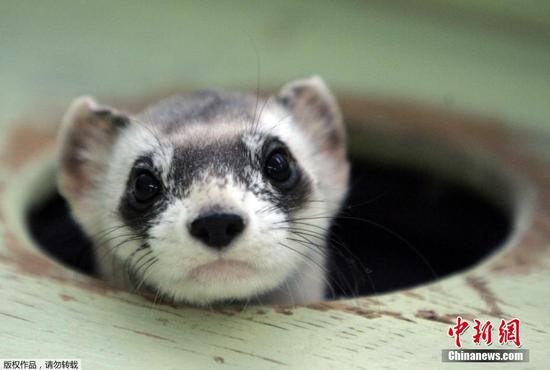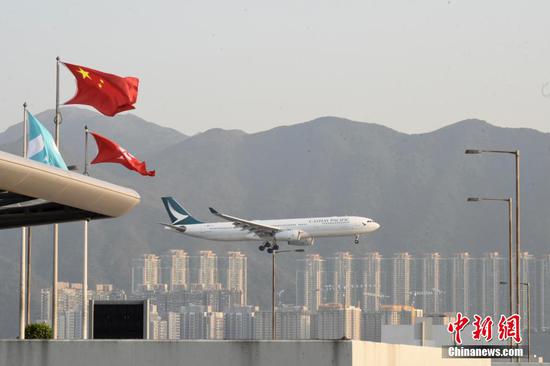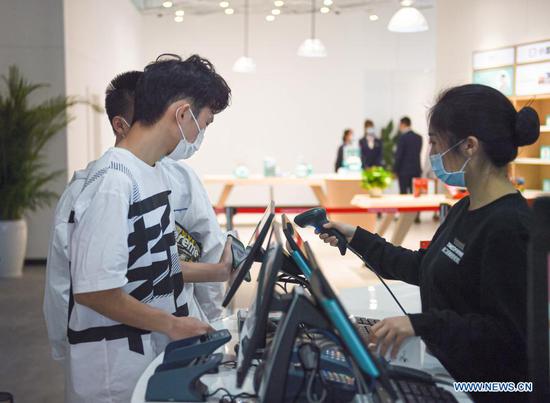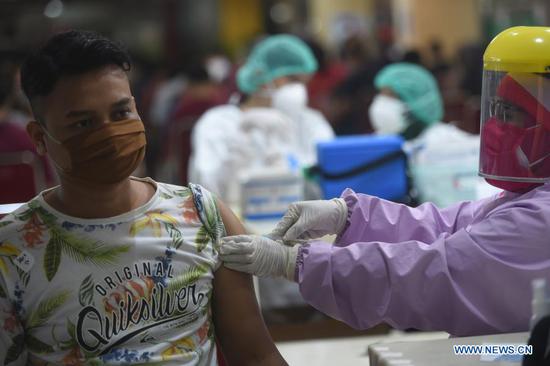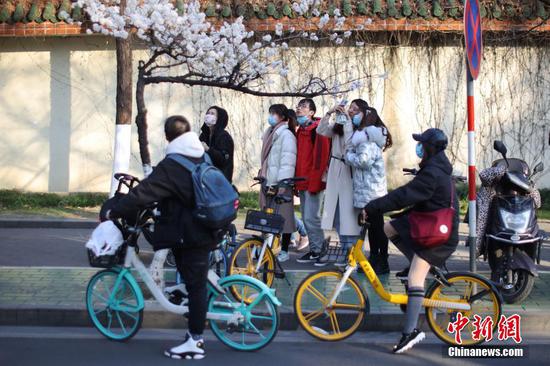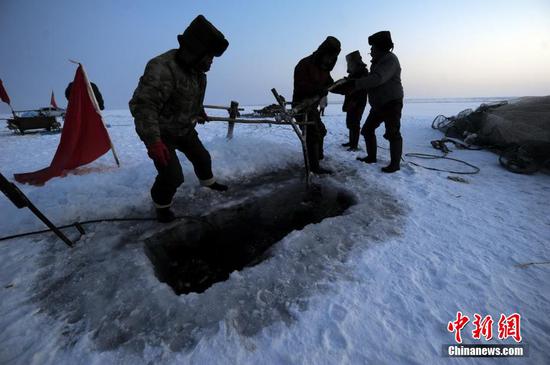Ghana on Wednesday became the first country to receive a COVID-19 vaccine under a World Health Organization-led initiative to ensure the equitable distribution of supplies.
The initiative, known as COVAX, accepts donations of cash and vaccines from nations that have bought or produced jabs, and redistributes inoculations to countries that would otherwise struggle to secure them.
As an aircraft carrying 600,000 doses of the AstraZeneca and Oxford vaccine produced by the Serum Institute of India landed in Ghana's capital, Accra, the WHO said vaccinating everyone is not only fair but the best way to protect the planet.
"These 600,000 COVAX vaccines are part of an initial tranche of deliveries … which represent part of the first wave of COVID vaccines headed to several low-and middle-income countries," the WHO said in a joint statement with the United Nations International Children's Emergency Fund, or UNICEF.
Momentous occasion
Reuters news agency quoted Anne-Claire Dufay, from UNICEF Ghana, and Francis Kasolo, the WHO's representative there, as saying: "This is a momentous occasion, as the arrival of the COVID-19 vaccines into Ghana is critical in bringing the pandemic to an end."
The WHO has repeatedly said rich nations must do all they can to share vaccines with poorer nations to avoid the pandemic continuing to rage in parts of the world where dangerous new variants could subsequently develop. COVAX hopes to deliver 2.3 billion doses by the end of the year, including 1.8 billion at no cost, and vaccinate 20 percent of the populations of the world's poorer nations by year-end.
Reuters said the African Union is also intervening on behalf of its 55 member-nations, and hopes the continent of 1.3 billion will have vaccinated 60 percent of its population in three years.
China has donated doses of its Sinopharm vaccine to many developing countries.
Tedros Adhanom Ghebreyesus, the WHO's director-general, said nations need to do more.
COVAX has accumulated 330 million doses for 145 countries and raised $6 billion to purchase jabs.
The Guardian newspaper reported 100,000 doses are on the way to the Maldives, and jabs will soon roll out in Ivory Coast and the island nation of Sao Tome and Principe.









